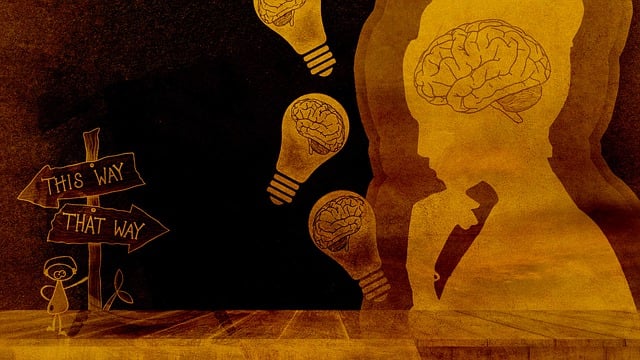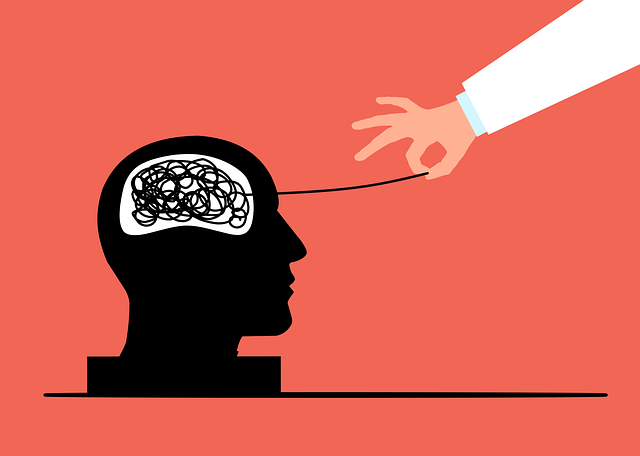Mental wellness groups like Broomfield Polyamorous and Open Relationships Therapy create safe, supportive communities for individuals to connect, heal, and grow through open discussions about mental health. Facilitated by professionals, these groups promote understanding, reduce stigma, and teach tailored self-care practices, stress reduction methods, and communication strategies. By fostering a sense of belonging and encouraging active participation, they empower members to manage crises and navigate their mental health journeys with resilience and community support.
Mental wellness groups offer a powerful platform for individuals to connect, heal, and grow. This article delves into the art of group facilitation, exploring both general techniques and specialized approaches like Broomfield Polyamorous and Open Relationships Therapy. We’ll dissect the benefits and dynamics of these groups, focusing on creating safe spaces that foster active participation, open communication, and trust. Understanding these strategies is crucial for enhancing mental wellness and navigating complex relationships.
- Understanding Mental Wellness Groups: Benefits and Dynamics
- – Definition of mental wellness groups
- – Advantages for individuals and communities
Understanding Mental Wellness Groups: Benefits and Dynamics

Mental wellness groups offer a unique and supportive environment where individuals with shared experiences or similar challenges come together to connect, heal, and grow. These groups facilitate open discussions on mental health topics, fostering a sense of community and belonging. Members benefit from peer-to-peer support, sharing strategies for coping with stress, anxiety, depression, and other common struggles. The dynamic nature of these groups encourages active participation, empathy building strategies, and the exchange of valuable insights, all under the guidance of trained facilitators.
For instance, Broomfield Polyamorous and Open Relationships Therapy groups have gained popularity as they address specific mental health concerns within these alternative relationship structures. By creating safe spaces for honest conversations, participants can navigate complex emotions, improve communication skills, and enhance their overall mental well-being. Such groups not only promote Mental Health Awareness but also empower individuals to manage crises through intervention guidance while surrounded by understanding peers.
– Definition of mental wellness groups

Mental wellness groups are supportive communities where individuals come together to share experiences, offer encouragement, and learn from one another. These groups foster open dialogue around mental health challenges, promoting understanding and reducing stigma. Facilitated by trained professionals like those at Broomfield Polyamorous and Open Relationships Therapy, sessions often incorporate self-care practices, stress reduction methods, and communication strategies tailored to the group’s needs. By creating a safe space for expression, these groups empower members to navigate their mental health journeys with resilience and community support.
– Advantages for individuals and communities

Mental wellness group facilitation offers a multitude of advantages for both individuals and communities. In a supportive and safe space, members can share their experiences, learn from one another, and develop effective self-care practices tailored to their unique needs. This collaborative approach not only enhances emotional well-being but also fosters a sense of belonging and connection, which is particularly beneficial in navigating complex topics like Broomfield Polyamorous and Open Relationships Therapy.
Moreover, group facilitation techniques promote inner strength development through the exchange of communication strategies. Members gain insights into different perspectives, improve their expression, and learn to manage relationships more effectively. This process empowers individuals to build resilient coping mechanisms, fostering a healthier mental landscape within themselves and their communities.
Mental wellness groups, such as those explored in the context of Broomfield Polyamorous and Open Relationships Therapy, offer a supportive environment for individuals to navigate complex emotional landscapes. By fostering open dialogue and shared experiences, these groups enhance well-being, build resilience, and promote positive community engagement. The benefits extend beyond individual growth, as they strengthen social connections and create a network of support that can significantly improve mental health outcomes within communities.














